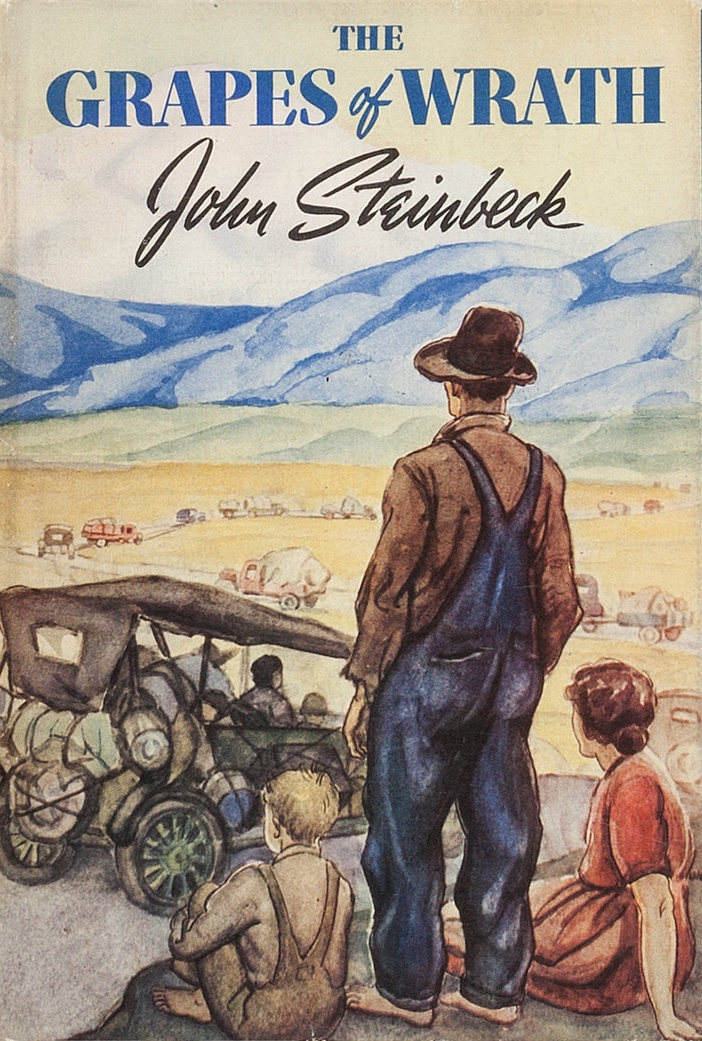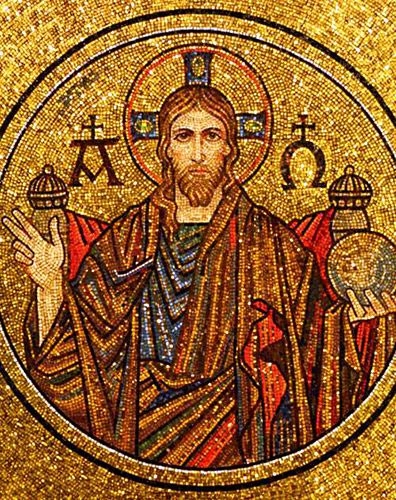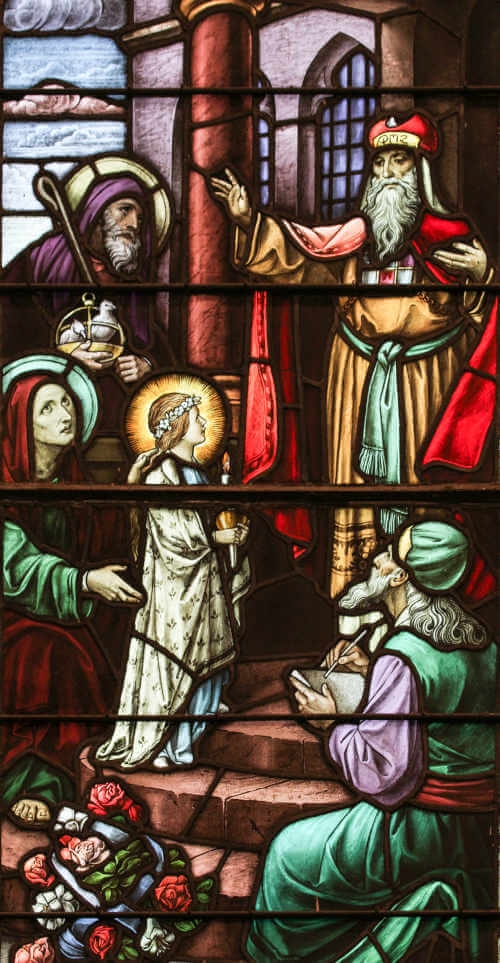These reflections are a result of more than 40 years of ministry as a Roman Catholic priest. Most of these years I spent in the Diocese of Charlotte which covers Western North Carolina. Now I am retired, and live in Medellín, Colombia where I continue to serve as a priest in the Archdiocese of Medellín.

They were holding God’s harps,
and they sang the song of Moses, the servant of God,
and the song of the Lamb:
“Great and wonderful are your works,
Lord God almighty.
Just and true are your ways,
O king of the nations.
Who will not fear you, Lord,
or glorify your name?
For you alone are holy.
All the nations will come
and worship before you,
for your righteous acts have been revealed.”
(Rev 15:2-4)
God’s harps! How amazing . . . the writer of the Book of Revelation must have had heard some really great church music. Enjoy the American Youth Harp Ensemble!

Then another angel came out of the temple in heaven
who also had a sharp sickle.
Then another angel came from the altar, who was in charge of the fire,
and cried out in a loud voice
to the one who had the sharp sickle,
“Use your sharp sickle and cut the clusters from the earth’s vines,
for its grapes are ripe.”
So the angel swung his sickle over the earth and cut the earth’s vintage.
He threw it into the great wine press of God’s fury.
(Rev 14:17-19)
The phrase “the grapes of wrath” comes from this passage from the Book of Revelation and gave rise to the most famous song of the Civil War in the United States, The Battle Hymn of the Republic. It also gives the name to the most famous of John Steinbeck’s novels, The Grapes of Wrath, which tells the story of the poor Oklahoma immigrants to California during the Dust Bowl of the Great Depression. Today is the feast if the First Martyrs of Korea.

I, John, looked and there was the Lamb standing on Mount Zion,
and with him a hundred and forty-four thousand
who had his name and his Father’s name written on their foreheads.
I heard a sound from heaven
like the sound of rushing water or a loud peal of thunder.
The sound I heard was like that of harpists playing their harps.
They were singing what seemed to be a new hymn before the throne,
before the four living creatures and the elders.
(Rev 14:1-3)
As the Scriptures of today mention the sound of harpists, I think of my friend, the late Donna Germano. Donna played hammered dulcimer and harp. When I was at Saint Joan of Arc Parish in Asheville, NC, Donna would play the evening Vigil Mass on Saturday. It was heavenly. Now our dear Donna gets to play for the angels before the throne! The video is of Donna playing the English tune, Greensleaves.

And the king will say to them in reply,
'Amen, I say to you, whatever you did
for one of the least brothers of mine, you did for me.’ (Mt 25:40)
On this feast of Christ the King, it is always good to remember what Dorothy Day, the Venerable Servant of God, said about the poor: “The mystery of the poor is that they are Jesus, and what you do for them you do to Him.”

R. O Blessed Virgin Mary, you carried the Son of the eternal Father.
"My soul proclaims the greatness of the Lord,
my spirit rejoices in God my Savior."
R. O Blessed Virgin Mary, you carried the Son of the eternal Father. (Lk 1)
To proclaim the greatness of the Lord . . . to sing God’s praises. It’s not just for heaven . . . we can sing right now! Today is the feast of the Presentation of the Blessed Virgin Mary. This feast is the basis for the church custom in Latin American countries to celebrate the presentation of three-year-old children to God.



